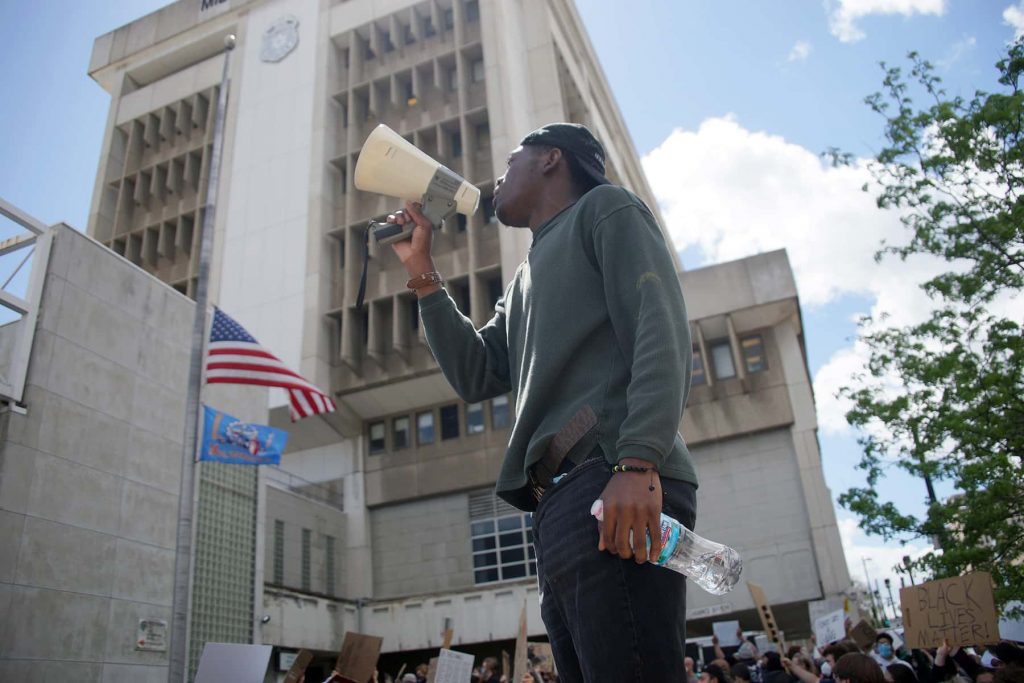Systemic collapse: Why local news dies when journalism follows money over community need
By Abby Youran Qin, Ph.D. candidate at School of Journalism & Mass Communication, University of Wisconsin-Madison Why did your hometown newspaper vanish while the next town over kept theirs? This isn’t bad luck. It’s a systemic pattern. Since 2005, the United States has lost over one-third of its local newspapers, creating “news deserts” where corruption is more likely to spread and communities may become politically polarized. My research, published in Journalism & Mass Communication Quarterly, analyzes the factors behind the decline of local newspapers between 2004 and 2018. It identifies five key drivers − ranging from racial disparity to...
Read More















